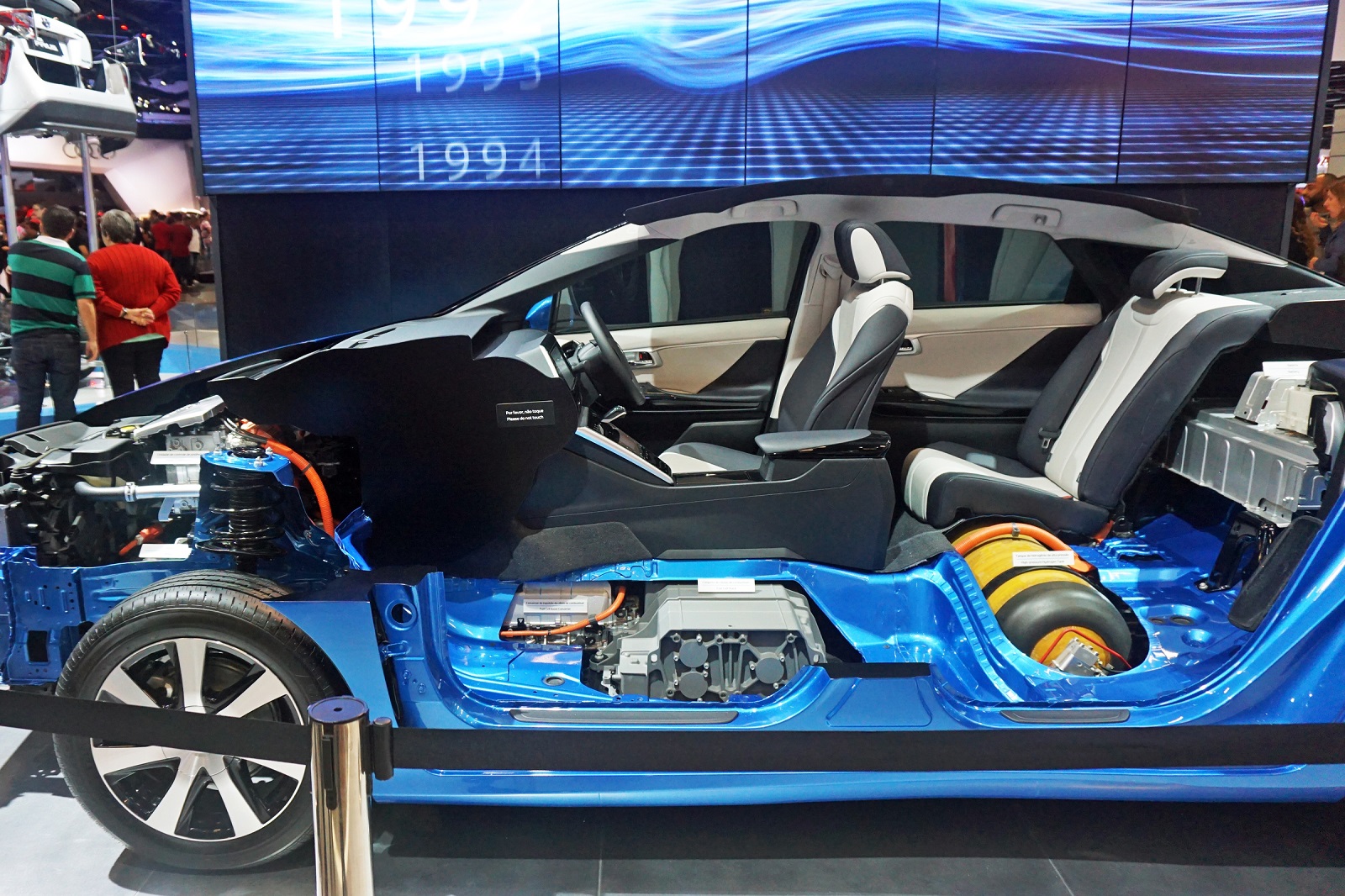A group of 120 scientists has now taken part in this cause. They have signed the open letter addressed to the organizers of the biggest sporting event of the year. A letter you can read In this address– to put it mildly – criticizes the decision made regarding the Toyota Mirai.
Read also: One of the world’s largest engines runs on hydrogen. The giant promises something revolutionary
Hydrogen combustion does not emit harmful gases such as methane or carbon dioxide. This would suggest that choosing a hydrogen-powered car as the symbol of this year’s Olympic Games would be a good starting point. Unfortunately, when we delve into the background of this technology, we can draw slightly less optimistic conclusions.
All this is due to the fact that it is estimated that more than 90% (the authors say 99%) of the hydrogen used by humanity comes from a process that uses fossil fuels. As a result, this fuel has a carbon footprint almost as high as that of classic cars powered by combustion engines. However, when compared to the increasingly popular electric cars, hydrogen cars lag far behind.
Scientists who signed the letter to the Paris Olympics organizers claim that hydrogen cars are not good for the environment.
This is the argument used by the scientists who signed the above-mentioned letter. According to them, the most suitable way to decarbonize transportation is electric cars. In contrast, hydrogen-powered cars are currently not environmentally friendly, and even if energy from renewable sources is used to produce them, the entire process is up to three times less energy efficient than electric cars.
The experts behind the call also point to the declining popularity of hydrogen-powered vehicles. Currently, there are about a thousand electric equivalents for each such car worldwide. According to scientists, the declining popularity of the former is due to the scarcity of hydrogen fuel and the high costs of its production.
Read also: What if you could 3D print batteries for electric cars? It just sounds ridiculous.
As if that weren’t enough, previous Games in Japan have shown that such technology doesn’t work well in the real world. Hydrogen cars have failed during competition in Tokyo and during various tests, including in the United States, Great Britain and France. It seems that until humanity can produce large quantities of green hydrogen (rather than the currently dominant gray hydrogen), the future of hydrogen technology will remain gray.
Toyota, a major sponsor of the Paris Olympics, is set to provide 500 Mirai cars, 10 hydrogen-powered buses and 1,150 small electric cars for the event. More importantly, representatives of the Japanese company announced that the Paris fleet will be powered by hydrogen produced using energy from renewable sources. This partially undermines the arguments that the authors of the aforementioned letter decided to use.

Echo Richards embodies a personality that is a delightful contradiction: a humble musicaholic who never brags about her expansive knowledge of both classic and contemporary tunes. Infuriatingly modest, one would never know from a mere conversation how deeply entrenched she is in the world of music. This passion seamlessly translates into her problem-solving skills, with Echo often drawing inspiration from melodies and rhythms. A voracious reader, she dives deep into literature, using stories to influence her own hardcore writing. Her spirited advocacy for alcohol isn’t about mere indulgence, but about celebrating life’s poignant moments.









